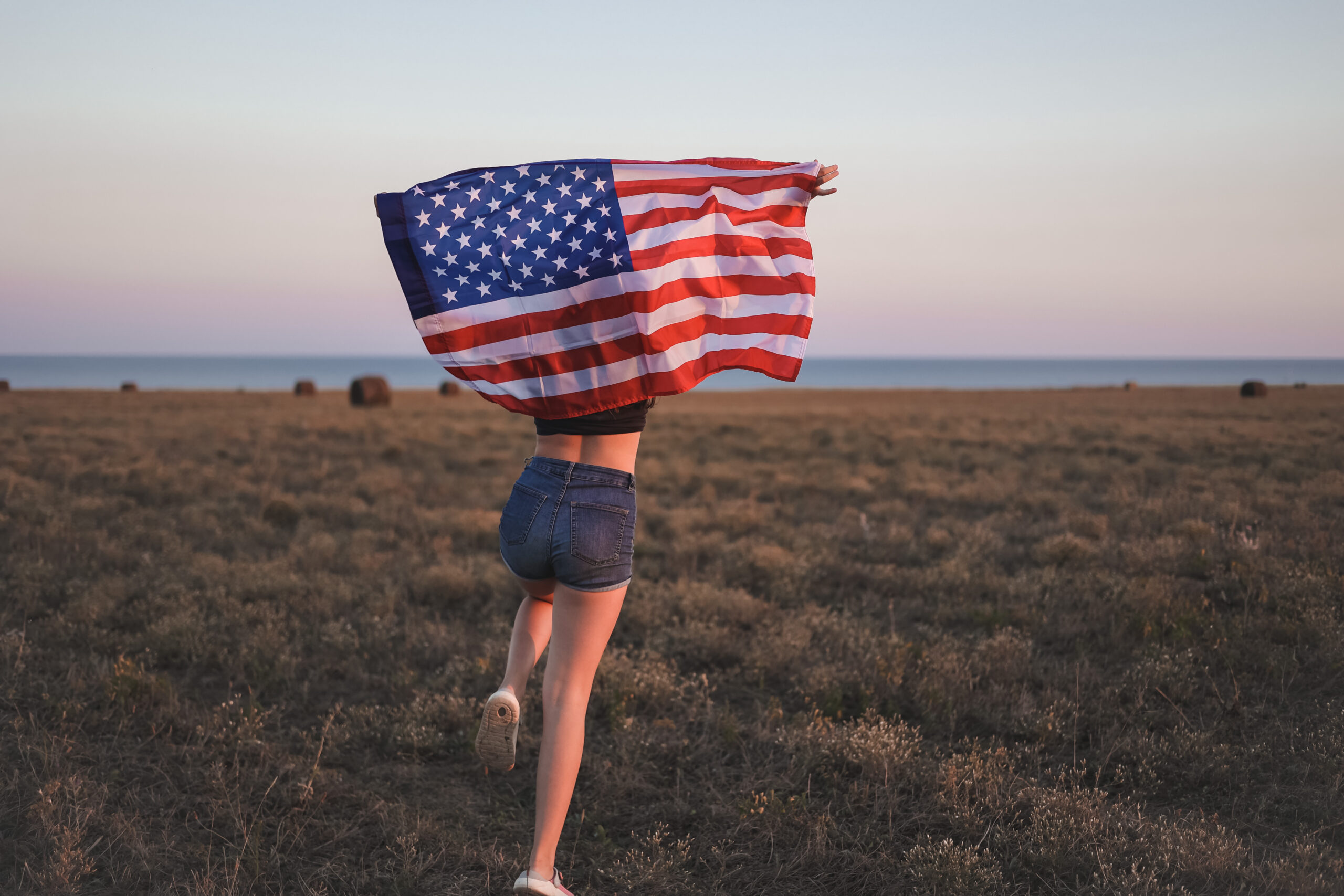By Mecca Fowler
Generally, the purpose of sharing injustices via video and other forms of media is to raise awareness. Often, however, media companies commercialize our trauma for profit. It is one thing to see injustices, but to relive them constantly within the media is a psychological burden for African Americans. Many people call this phenomenon “trauma porn.”
Trauma porn is “any type of media – be it written, photographed or filmed – which exploits traumatic moments of adversity to generate buzz, notoriety or social media attention,” according to Parents for Diversity.
The more we highlight the plight of African Americans as a commodity, the more desensitized we become. Consequently, this cycle leads to social inaction over time. “Not only is trauma porn ineffective in forcing people to act, instead turning us into disenchanted cynics who are painfully aware of their own powerlessness and growing desensitization, it is also profoundly dehumanizing,” Incite Journal writes.
This desensitization can make us feel helpless and lost. Experiencing trauma porn can also have unintended health consequences. It can lead to high stress levels which manifest into different diseases over time.
Some voices within our society call for the reduction of trauma porn. However, the mass majority of people seemingly see nothing wrong with it. Many people accepted commercializing African American trauma as the standard for some time now. But imagine subjecting yourself to pervasive imagery of people who look like you in constant pain. The act itself can be a form of psychological racism. Psychological racism can be described as the indirect mental stressors we experience in our mind while consuming trauma.
It is time for everyone to consciously assess the pros and cons of sharing and/or creating this type of content. There are a few examples of trauma porn overkill that have become the center of discussion lately.
1) Lena Waithe’s Anthology “Them”
It’s been tough watching explosive racial justice protests all over the news this past year. African Americans’ psyche could use a break. Instead, Lena Waithe introduced her new show Them, which people immediately criticized as trauma porn.
Them tells the story of a black family relocating from North Carolina to an all-white Los Angeles neighborhood in the 1950’s. Soon, their utopian home becomes a target for dark forces and racialized terror.
This is not the first horror film where racial trauma has been the preface of horror. Films and shows like Get Out and Lovecraft Country show similar content in the same genre. However, the more studios put out horror content predicated on racial trauma, the more disgusting the idea becomes. It simply doesn’t serve us in a positive light.
Many African Americans tire of seeing real black trauma on the news. It’s unnecessary to then perpetuate that trauma with fictional horror. Sometimes we aren’t even aware that we’re experiencing this. We can subconsciously inherit stress while watching traumatic shows about being African American.
Often, this type of content ends up being offensive, tone deaf, or overcompensating in its efforts. It can be taxing on one’s mental health and lead to internalized racism and feeling inferior. These offenses are not restricted to one race and African American often perpetuate it themselves.
2) Video Game “Our America”
At first, as the video game “Our America” began trending, it seemed like harmless virtue signal of allyship. The video game supposedly gives the player first person experience on how it feels driving while being black in America. However, it becomes a virtual reality simulation about encounters with the police.
Why would anyone want to simulate that trauma when you turn on the news and see it happen in real time? Although the creators made the game with good intentions, it’s psychologically damaging for black people. Furthermore, the intended audience are non-black people which makes it worse. There are no significant studies that show non-black people having more empathy for racial injustice after being put in our shoes.
3) Travel Noire attempting to make “Plantation Visits” a thing
Recently, Travel Noire published an article about a journalist who visited a plantation in Louisiana. He had an enlightening experience and encouraged more Black Americans to visit plantations.
He intended to “memorialize our history”. The article details the traveler’s experience at the plantation. His organization made efforts to connect with plantations to pitch ideas to “honor our ancestors”.
However, it doesn’t make sense for African Americans to pay to stay at a plantation. He expressed how he heard real stories and traumas during his stay. We already know the real details about our communities’ pain in this country. What are the positive benefits of subjecting ourselves to this?
4) Van Lathan’s “Two Distant Strangers”
Similar to Lena Waithe’s “Them”, many accused the Oscar-winning short film “Two Distant Strangers” of perpetuating trauma porn.
The film “depicts Carter, a Black graphic artist played by rapper Joey Bada$$, who is caught in a “Groundhog Day”-like time loop where he tries to get home to take care of his dog but repeatedly is killed by a White police officer (played by Andrew Howard). He tries everything he can do to change the ending, but can’t,” writes the Advocate.
Besides highlighting how police brutality against African Americans is systematic, the film offers nothing profound about racial justice. Watching films like this feels like opening and closing a wound over and over again.
Truthfully, the film feels like performative “wokeness”. It also makes one question what demographic the film was even made for. It evokes psychological racism because the consumer becomes mentally beat down after watching it. Overconsumption of this type of media can be very consequential.
Parents for Diversity writes how “this sad outcome includes feelings of defeat expressed as behaviors like numbing or anger within young Black boys and the Black community. Numbness and disassociation can also be displayed in white communities”
When this type of content finds its way to you, stop to consider who it benefits and the harm it can cause. Constantly seeing black people’s death and racial trauma isn’t natural nor mentally sound. It’s easy to passively accept what the media shows and tells you about African Americans. Instead, we should consciously think for ourselves about what we would like to see and how we want to show up.
Subscribe to get early access to podcast, events, and more!





